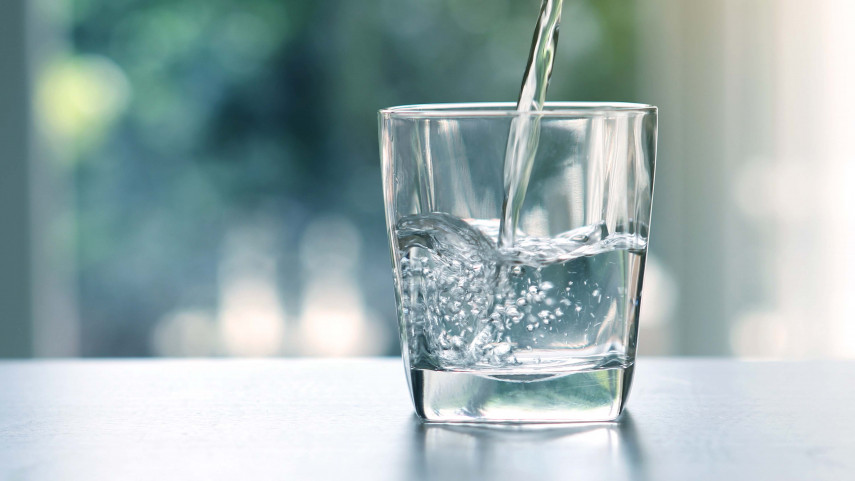
Drinking water report due next month

Share this story
Christchurch City Council is continuing to work with health officials to finalise its water safety plan with the aim of removing chlorine from the city’s drinking-water supply as soon as possible.
Wai Comply Limited is leading a joint independent review of the Council’s revised water safety plan – the outcome of which will be a final report in January that the Council will use to further revise its plan and then re-submit it to the Drinking Water Assessor for approval.
“We’re making excellent progress with the review, which has involved a number of assessments, workshops and inspections of our water supply network and operational procedures,” says the Council’s Head of Three Waters and Waste, Helen Beaumont.
“Our aim has been to protect public health and demonstrate that we can supply safe drinking water without the need for permanent chlorine treatment.
“We’re looking forward to receiving the final report next month so we can take the next step.”
The Council submitted its revised water safety plan for review at the end of September and is currently working to bring the city’s well heads and additional parts of the water supply network in line with the Ministry of Health’s new framework for assessing risks to drinking water.
That additional work includes improving the security of water reservoirs and suction tanks, working with property owners to prevent possible backflow from commercial and industrial sites, and minimising use of older lead-jointed pipes.
“While our water safety plan review is under way we’re also making steady progress on each of these initiatives,” Ms Beaumont says.
The Council has so far upgraded 111 of its 148 well heads and installed an ultra-violet treatment facility to disinfect water from six wells at one of the city's largest pump stations, Main Pumps.
A new deeper well will also be drilled in Papanui this summer at the Grassmere pump station, which supplies about three per cent of the city’s drinking water.
Enough well heads have been upgraded to date to supply the city with water from secure wells. However, the Council has had to keep a low level of chlorine in some areas until its water safety plan is approved.
Currently about a third of the city is chlorine free, with the remainder on the lowest chlorine dose since treatment began last year.
A recent report prepared for the Council estimated the cost of permanently treating the city’s water supply network with chlorine would be $26 million to set up plus $1.2 million annually. Ultra-violet (UV) treatment of source water was estimated at $75 million plus $1.7 million annually.
“The purpose of the report was to advise on the likely treatment options if future changes to the New Zealand Drinking Water Standards meant we were forced to permanently treat our drinking water,” says Ms Beaumont.
“We certainly don’t want that to happen, but we have to take a prudent approach and be informed and prepared in case it does.”
